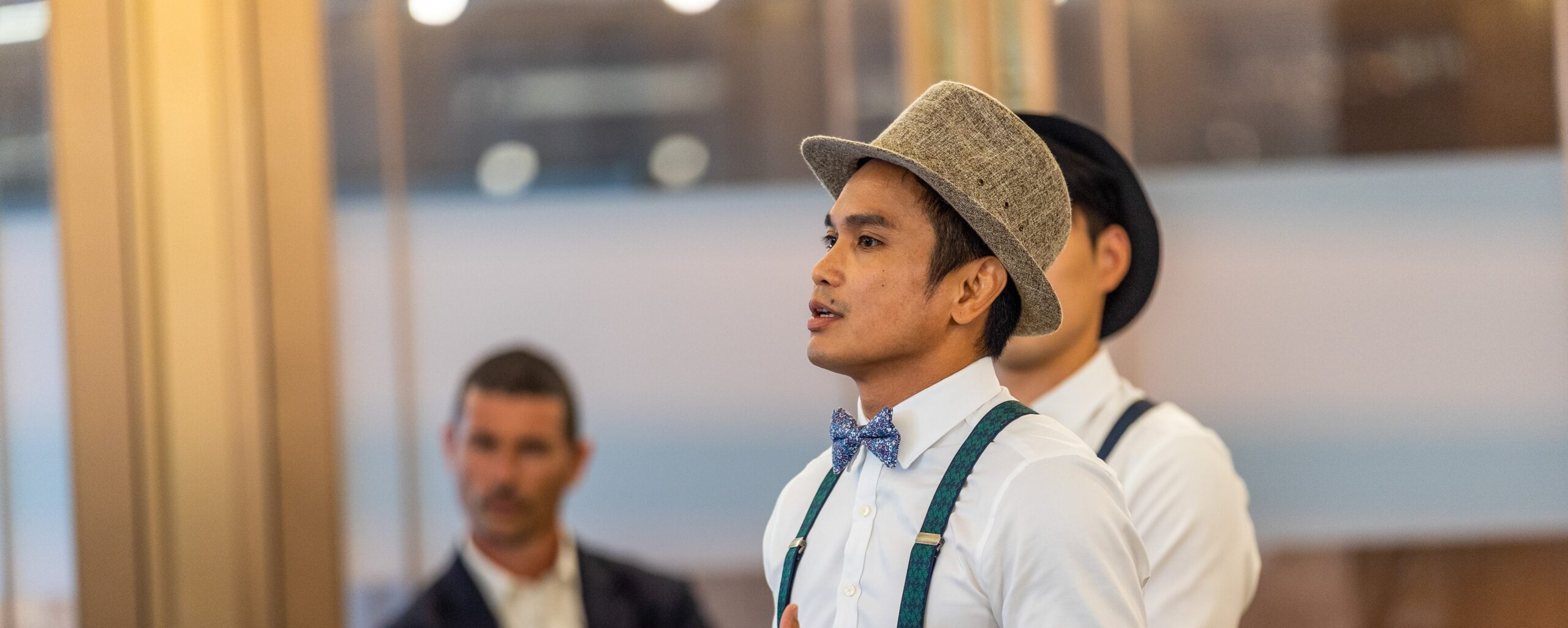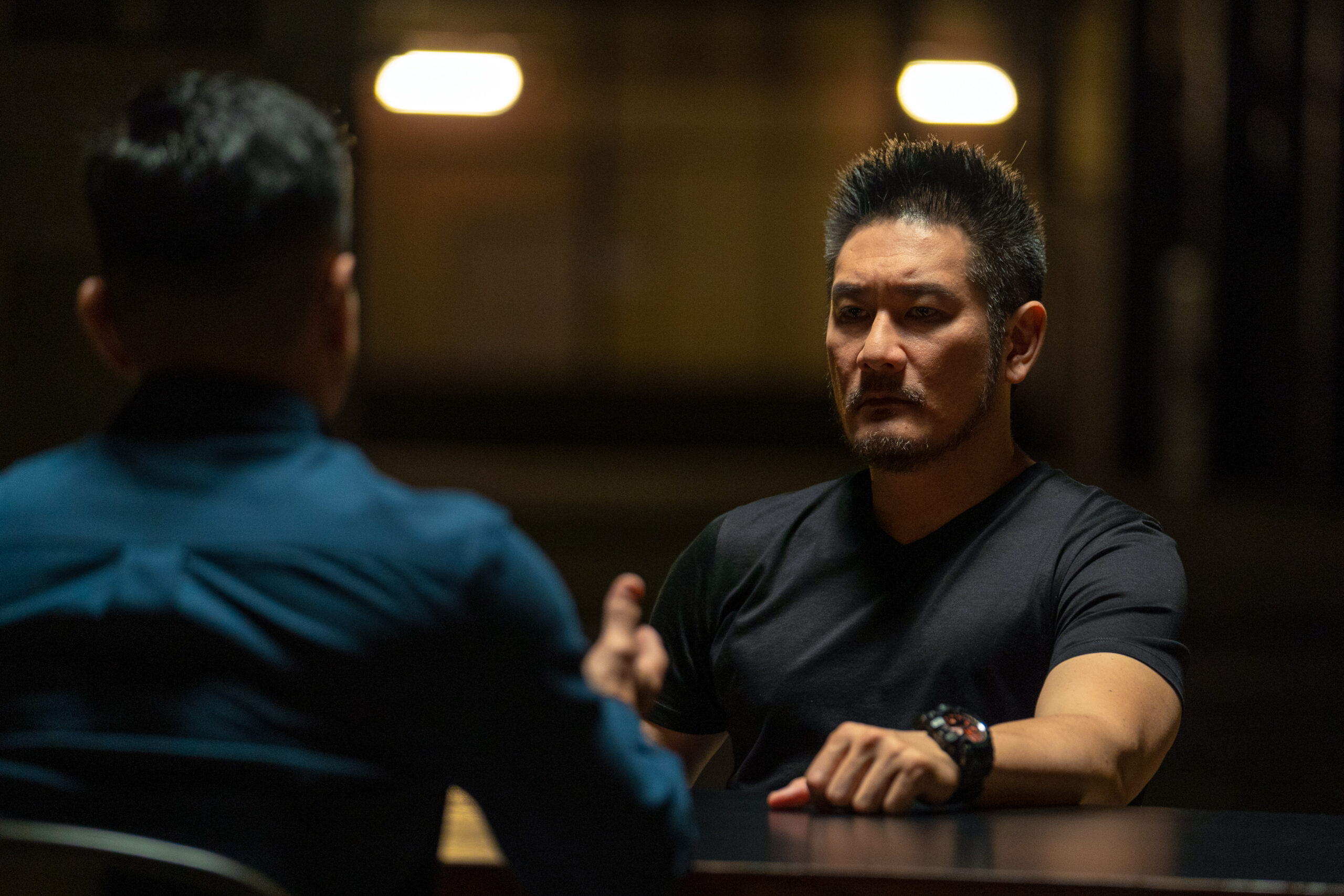Am I the problem?
When the Problem is ME
It usually starts with a rant. Over lunch or in a private chat, we find ourselves venting again.
We say our boss doesn’t appreciate the effort we put in. He micromanages and shuts down every suggestion. Our teammate is unreliable and hard to work with. Management doesn’t listen. The department is chaotic.
We’ve switched jobs, moved teams, distanced ourselves from certain colleagues, even blocked a few online. But the pattern remains. Tension follows. Frustration builds. And in a rare quiet moment, a confronting question starts to form:
“Am I the problem?”
Difficult workplaces are real. There are toxic bosses, misaligned teams, broken systems. But not every problem starts at the top. Sometimes, without realizing it, we become part of the problem we keep running away from.
WHEN THE PROBLEM IS ME
It’s easy to recognize the disruptive behaviors of others. We all know that one office villain.
It’s the arrogant manager, the loud complainer, or the one who thrives on gossip and conflict. We see their impact. We swap horror stories about them. We stay out of their way.
But few of us are willing to look at ourselves with the same scrutiny. What if it’s not just the system or the culture? What if it’s our defensiveness, our unwillingness to share credit, our tendency to disengage when things don’t go our way?
Professional growth starts with honest self-assessment. We are not expected to be flawless, but we are expected to take responsibility. And that means asking hard questions about how we show up, not just how others treat us.
The Subtle Ways We Make Things Worse
We don’t need a leadership role to cause friction.
Many difficult people hold no formal authority. They quietly reject collaboration. They withdraw when they don’t get their way. They participate with the bare minimum effort and keep a distance from shared accountability.
It’s not always about being aggressive or confrontational. Sometimes it’s the unwillingness to be helpful unless prompted. Or the flat, disinterested replies. Or the energy that signals, “I’m here, but don’t expect anything more.”
That behavior may feel justified, especially if the team is struggling or leadership is lacking. But it still contributes to dysfunction. We can choose to be a stabilizing force or a silent drain. Our presence affects the people around us, whether or not we intend it to.
Blind Spots and Unseen Habits
We can be kind, well-meaning people—and still be hard to work with.
Blind spots are behaviors we don’t notice in ourselves, but others experience every day. We might believe we’re being efficient, but others see us as dismissive. We might pride ourselves on being honest, but others feel attacked. We might think we’re being confident, when we actually come off as closed off or resistant.
The more experience we gain, the harder it becomes to question our own habits. We fall into rhythms. We assume what worked before will work again. We stop adjusting. That’s where blind spots take root.
Becoming more self-aware isn’t about overthinking everything. It’s about being open to feedback, recognizing patterns, and reflecting on how our behavior affects others.
Self-awareness gives us the ability to grow beyond our default setting.
Feedback is a Gift (Even When It Hurts)
Only a few of us like being told we could do better.
Even when delivered constructively, feedback can feel like an attack. But avoiding feedback only delays the learning we need to progress.
We receive feedback all the time. We see it in how people respond to us. When our ideas are skipped over. When others are hesitant to engage. When no one seeks out our input. These are signals—not punishments. They are data points we cannot afford to ignore.
The question is whether we treat those moments as information or as personal insults. Feedback is not about our worth. It’s about our effectiveness.
The people who grow the most are those who ask, listen, and adjust without taking everything personally.
The (Thin) Line Between Entitlement and Ownership
It’s easy to feel overlooked.
We show up, stay late, and meet expectations. But when the recognition doesn’t come, entitlement can quietly take over.
It starts with thoughts like, “I’ve been here longer,” or “I deserve better,” or “That’s beneath my level.” These may feel valid, but they shift our focus from contribution to credit.
Ownership shifts the focus. It asks: “What did I improve today?”, “Where can I help more?”, or “How do I make things better around me?”
When we lead with ownership instead of waiting to be noticed, we shift from being passive members of a team to being the kind of people others want to work with and rely on.
Emotional Intelligence Isn’t Just for Managers
Emotional intelligence is not just a leadership skill. It’s a core requirement for working with people.
We demonstrate emotional intelligence when we stay composed during tension, when we choose to listen rather than react, and when we acknowledge mistakes before being called out. These are not signs of weakness. They are signs of maturity.
In teams with low emotional intelligence, small issues escalate, feedback is avoided, and trust collapses.
But in teams where emotional intelligence is practiced, conflict becomes manageable, feedback flows more openly, and recovery is faster.
Emotional intelligence helps us lead better. But even more importantly, it helps us work better with others—regardless of our role.
Choose Growth Over Drama
Drama is easy. Gossip, venting, and passive-aggressive behavior feel satisfying in the moment. But they distract us from our own responsibility. They focus our energy on what others are doing wrong, instead of what we can do right.
Growth looks quieter. It shows up in the decision to pause before reacting. In the effort to ask for feedback. In the discipline to reflect rather than complain. Growth is less visible but far more powerful.
We don’t need reinvention. We need awareness and consistent action.
Growth is a choice, not a destination, that we make every day.
We Can’t Fix Others Until We Fix Ourselves
We may be right. Our manager may be inconsistent. Our teammate may be unmotivated. The system may be flawed. But we are still responsible for how we respond.
We cannot change other people. But we can make ourselves easier to trust, easier to work with, and easier to follow.
If we want to reduce the damage we may be unknowingly causing, we can start with three small but powerful habits:
- Ask for honest feedback, and resist the urge to explain it away.
- Be mindful of how we speak about others, especially when they’re not around.
- Reflect each week on one interaction we could have handled better.
The most effective individuals don’t wait for perfect conditions. They work on themselves even when the environment around them is far from ideal.
If the same problems keep showing up no matter where we go, then it might be time to ask if we’ve been the problem all along.




